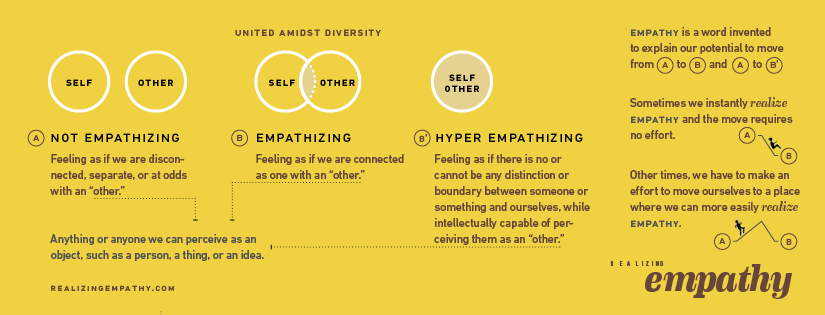“What if he doesn’t accept
my apology?” asked the CEO.
“His response
is his responsibility.
The question I’m asking
is what responsibility
are you willing to take?” I remarked.
“My responsibility?” he asked.
“Yes,
whether your apology
is accepted or not,
which is within his ability
to respond,
thus his response-ability
and his choice,
are you willing to choose apology
simply because
it is within your response-ability?” I replied.
“…
I am.” he replied.
“Why?” I probed.
“It’s funny.
I don’t know why,
but just thinking about it
makes me feel healed.” he reflected.
